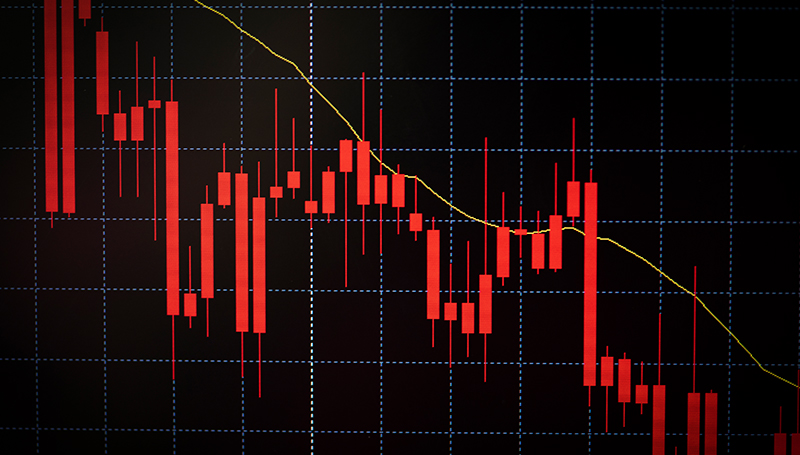

06.07.2021– Special Report. Marriage crisis in OPEC+: The United Arab Emirates is defying OPEC and demanding a higher production quota for itself. This could be ignored as a triviality, because the UAE is far too small to move the oil market on its own. However, it is astonishing that the dispute is being played out in public. Experts are already predicting a rupture of the cartel, which would threaten an oil glut and a crash of the oil price.
New negotiations on Monday afternoon
Since the Corona crash last winter, the oil price has been on its way north. The inflationary push by the central banks has done the rest to push the price of a barrel of WTI up to around 76 dollars. Given the expected recovery of the global economy, this is not likely to change any time soon. If, indeed, OPEC does not go crazy now: the oil cartel and its allies have not agreed on a new production strategy from August after two tough days of negotiations. The negotiations have been adjourned until this Monday afternoon – so traders should keep an eye on the news ticker.
Moderate quota increase planned
Due to the expected global economic upswing and the continuing Corona risks, OPEC+ wants to raise production gradually from August to the end of the year. A compromise presented on Thursday envisaged increasing daily production by 400,000 barrels per month from August to December. Particularly important: Russia had also agreed to this, as the Russian state agency Tass reported.
The Emiratis bitch
But now the UAE is getting in the way. The Emiratis want to increase production for themselves: from 3.2 to 3.8 million barrels per day. Saudi Arabia and Russia, however, vehemently reject a renegotiation of the quotas. The blog ZeroHedge has even called for a rupture of the cartel. Even Bloomberg now sees a possible repeat of the Thanksgiving massacre of 2014, when the cartel could not reach an agreement and anarchy raged among the producers.
Unexpected comes often
We currently consider a repetition of this scenario to be unlikely. Nevertheless, it is worth keeping this probability in mind – unexpected things often happen. If the Emiratis pull away unilaterally, other countries that feel disadvantaged are likely to follow. Discipline in the cartel has always left much to be desired anyway – Nigeria and Iraq in particular are likely to open the taps. Then the Russians are likely to follow. Which could ultimately tempt Saudi Arabia to crack the whip again – and bring the rest of the wild bunch into line with a glut of oil.
Another 46 cents?
And then we should remember how quickly everything can happen: In last April’s fabulous crash, oil prices plummeted to 46 cents a barrel – a price war between Moscow and Riyadh and the Corona depression brought big gains for the bears. Indeed, according to Bloomberg, oil traders and analysts are surprised by the intensity and length of the dispute.
And what happens if the cartel does reach an agreement? Then the oil price could continue to rise moderately or stagnate, depending on the global economy and Covid. Whether long or short – Bernstein Bank wishes you successful trades and investments!
Important Notes on This Publication:
The content of this publication is for general information purposes only. In this context, it is neither an individual investment recommendation or advice nor an offer to purchase or sell securities or other financial products. The content in question and all the information contained therein do not in any way replace individual investor- or investment-oriented advice. No reliable forecast or indication for the future is possible with respect to any presentation or information on the present or past performance of the relevant underlying assets. All information and data presented in this publication are based on reliable sources. However, Bernstein Bank does not guarantee that the information and data contained in this publication is up-to-date, correct and complete. Securities traded on the financial markets are subject to price fluctuations. A contract for difference (CFD) is also a financial instrument with leverage effect. Against this backdrop, CFD trading involves a high risk up to the point of total loss and may not be suitable for all investors. Therefore, make sure that you have fully understood all the correlating risks. If necessary, ask for independent advice.
